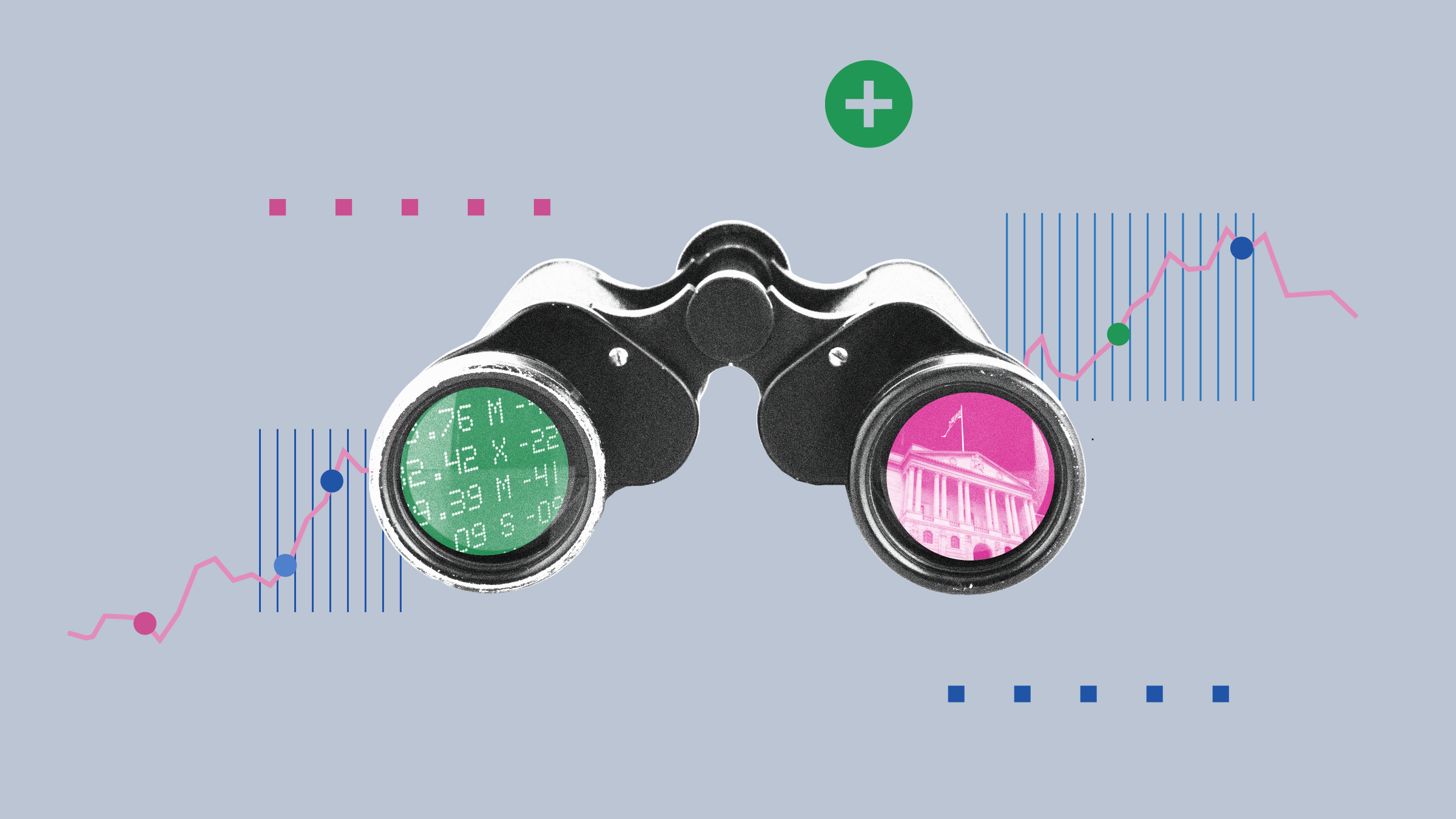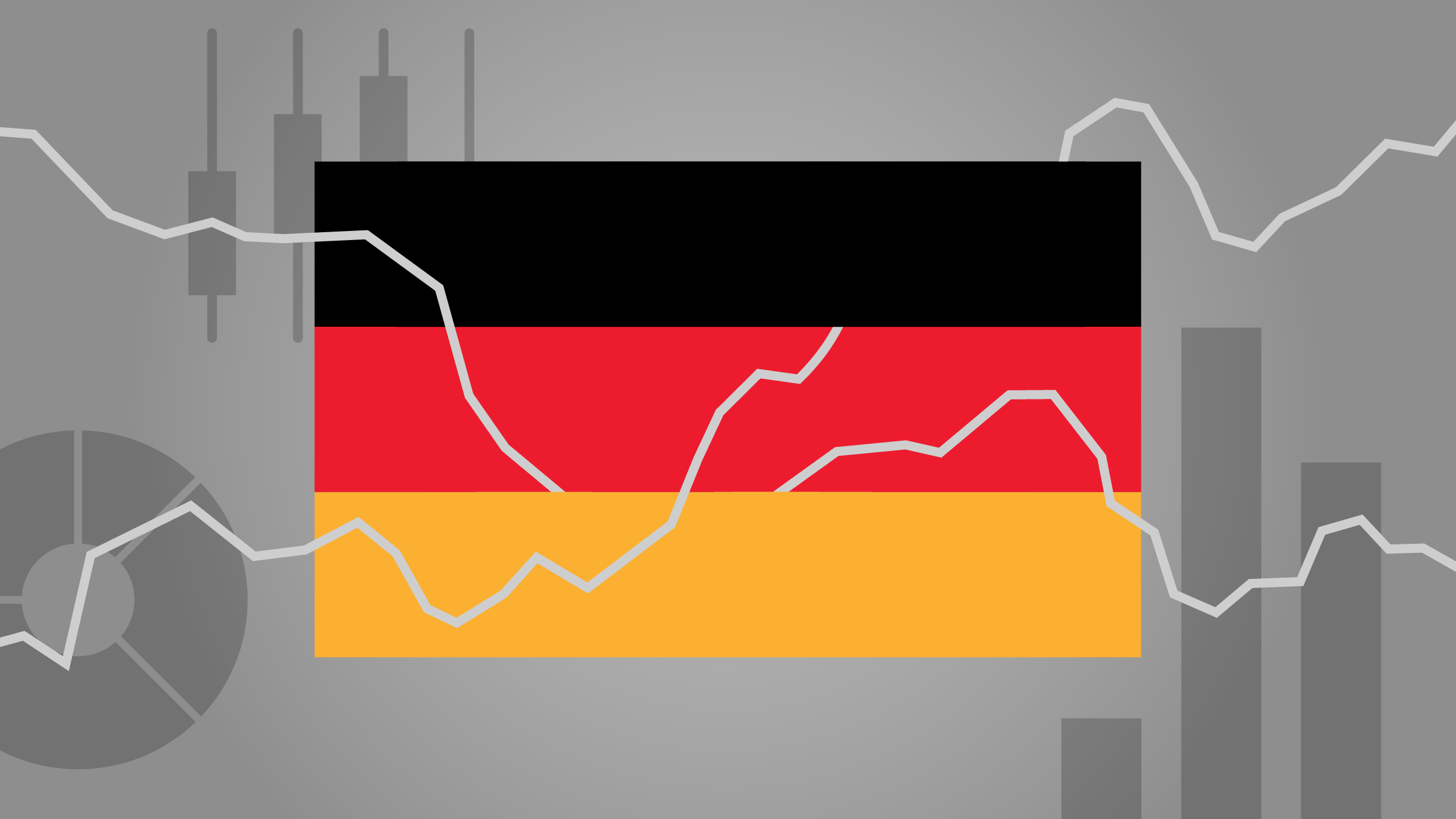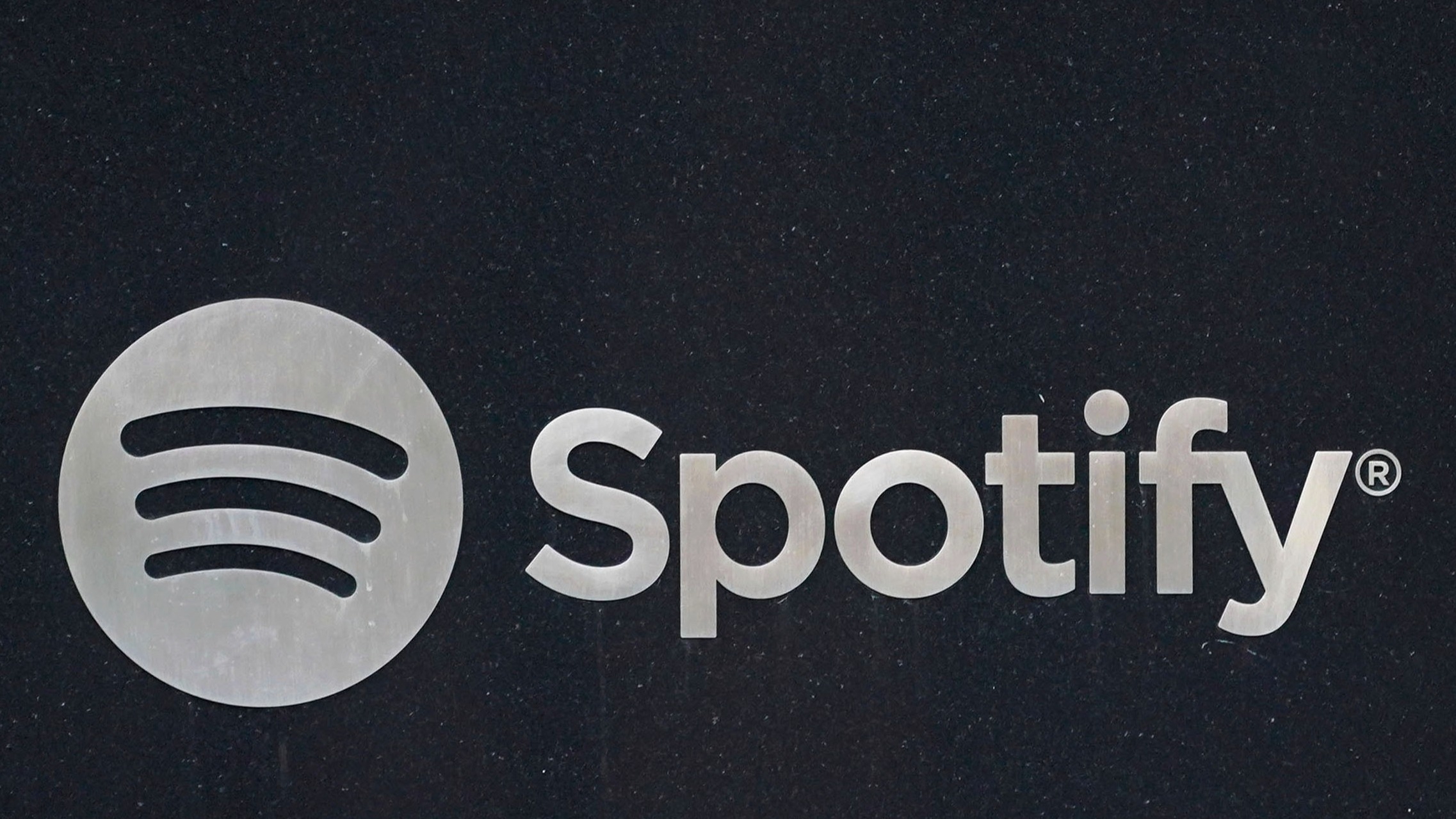James Gard: Welcome to Morningstar. With me today in the studio is Matthias Born. He is Head of Investments at Berenberg. He is also the Lead Portfolio Manager of the European Focus Fund.
Hello, Matthias.
Matthias Born: Hello.
Gard: So, Matthias, can you just tell us a little bit about what the European Focus Fund does?
Born: Yes, happy to do so. So, I would mention here four key features. First of all, it's a long-term approach. So, the time horizon here is roughly three to five years of the investments we do in the fund. Secondly, it's about two characteristics of the companies we invest in. It's about quality and it's about growth. So, we invest in companies there that grow roughly double digit, 10% to 15% in terms of earnings and also cash flows and secondly, they have strong cash flow generation and very strong balance sheets, or the quality characteristics are also quite strong also in terms of profitability. Third point is we are bottom-up stock pickers here in the fund. So, we select single stocks and top-down considerations are not that important. And the fourth point is, we are very focused. So, the fund has around 40, 45 holdings. So, it's a very concentrated and focused approach.
Gard: Great. Thanks very much for the explanation. So, the fund also includes some U.K. names. Do you have a view of how the U.K. economy is doing particularly or there's particular sectors and stocks that you favor in the U.K.?
Born: Yeah, as I said, so macro considerations are not that important for us. We look at the opportunity set in each market and the opportunity set I think is more or less spread across most countries in Europe, most big countries in Europe. So, the big investments we have there from a country perspective or the big areas country-wise are, besides U.K. also a high proportion invested in Scandinavia, but also Germany and France are bigger areas in terms of a country perspective. But that's coming down to the opportunity set in each market and not so much about GDP growth considerations.
Gard: Sure. That makes sense. Thank you. So, you also launched last year a European Focus ex-UK fund. Can you give us a little, sort of, rationale behind that move, please?
Born: Yeah, the rationale is more or less driven by our clients because clients in the U.K. are demanding these kinds of products because they usually have investments in U.K. equities and then they capture the European part with ex-U.K. product. So, therefore, it's more market client driven decision. But we also believe that it's a strong product because due to the high exposure sales in Scandinavia, which is a region we like a lot in Europe because of the strong innovation that is happening there in many medium-sized small companies but also in some big corporates. We like the region in general and that product, the ex-U.K. fund, has a high proportion into that region where there is the opportunity set, which is quite broad and very attractive.
Gard: Great. Thanks very much for that explanation. These are tough times, I think, for growth-focused investors. How are you approaching this year and the challenges that this year has presented? We'll get onto the Ukraine later, but are you making any portfolio changes to make it more defensive? Or you just sticking with your mandate?
Born: Yeah, we're sticking to our mandate in terms of sticking to what I said in the beginning, growth, quality approach, long-term orientation. And nevertheless, we have to look at the environment. Like two years ago, when he had COVID hitting us, also for sure we had to look through our portfolios in terms of who are the companies that maybe are even benefiting from the environment there and which are the companies where potentially structural changes are coming up through COVID and therefore, changing the outlook in terms of profitability but also growth rates longer term. And that's the case also right now in terms of the environment, more, I would say, driven by, and we'll come to that later, raw material prices, energy prices.
And the other topic we had in the beginning of the year was for sure inflation and interest rates which are impacting specifically the growth universe of the market where we are invested in. So, therefore, it's more a valuation-driven market at the beginning of the year. Cheap stocks have been going up. More higher P/E stocks have been going down and that is impacting our performance shorter term. Also, because of the fact that we had a really strong performance over the last three years and five years even since the start of the funds and therefore, we have given back some of that outperformance, which was quite significant over the last couple of years due to the higher valuation levels, some of the stocks have achieved. I see it more as a shorter-term phenomenon. Longer term, we believe that high profitability and strong growth rates should fuel share price appreciation over the next couple of years again.
Gard: Sure, that makes sense. In terms of sectors, I think, you've been on record saying you're a fan of pharmaceutical sector but not the big pharma companies. You're also a fan of sort of green technology and electric vehicles. Are you sticking with those, sort of, idea areas?
Born: Yeah, for sure. That's only part of our portfolio. There are many other areas in the funds. But you're right, healthcare is an area which is roughly 25% of the portfolio. The other areas are industrials, which is also roughly 20%, then consumer, which is also 20%, 25%, and tech also around 20%, 25%. On the healthcare side, yes, it's right that we do not like big pharma companies a lot. Nevertheless, we have two of them. One example is Novo Nordisk, which is a company we liked for many years. But overall, we like in the healthcare sector specifically areas which are driven by strong innovation. Strong innovation is happening, for example, in diagnostic, but also in single-use technologies, but also digitalization in the healthcare space is a strong driver in that industry. And we like small and medium-sized companies that are benefiting from those trends which are quite strong. Some of them have been pushed by COVID, but most of them have been there before, and they will stay. They will also stay when COVID is getting less of a push in the future.
Gard: Sure. So, it's a long-term growth story for some healthcare innovation rather than just a two-year boost. So, moving on to Ukraine, obviously, that's the main news item at the moment. I mean, as Head of Investments, your clients are coming to you presumably and saying, what do I do? Equities, are they risky? Shall I sell? Shall I stick? Should I change my focus? Do you have a kind of message for your clients to reassure them in this sort of really volatile situation?
Born: Yeah. So, the message longer term is that, yeah, you should stay calm, not being too nervous. For sure, it's a difficult situation. It's also a very uncertain – it's very uncertain what will happen over the next couple of months. I think that's quite clear. But also, there coming back to COVID, we had a similar situation two years ago, when in March 2020, we were in the middle of a situation which was very uncertain. So, longer term, I think the impact is not that high besides for sure it's a human tragedy and makes me speechless. But longer term, the impact on economic growth should be not that massive. Shorter term, there is a risk, and especially, on Europe, we have revised numbers for GDP growth down by 1 percentage point. But Europe is still growing this year. Of course, we have these catch-up effects still coming out of the COVID crisis. So, there will be still growth.
And the other topic for sure is energy costs and raw material prices which are shooting up. And therefore, we have to look through portfolios which are the companies which are most affected and which are the companies and areas of our portfolios which are having strong pricing power in place to put through prices to customers and therefore protect their margins. I think high and stable margins is a very strong argument also for the stocks we own right now because that's getting a more and more important topic, I think, over the next weeks and months.
Gard: Super. That sounds like a sensible approach. Thanks so much for your time, Matthias. For Morningstar, I'm James Gard.





























